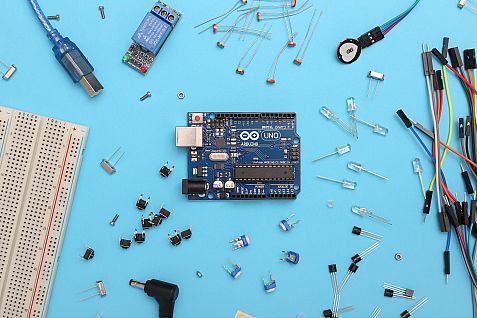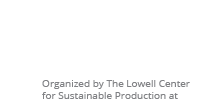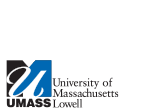PFAS Alternatives in Electronics
A4 Perspective Paper

Using Alternatives Assessment to Support Informed Substitution of PFAS in the Electronics Industry
August 2023
What will they use instead and are alternatives actually safer?
DOWNLOAD FULL REPORT (14 pages)
In this perspective paper, created by the Association for the Advancement of Alternatives Assessment (A4) and Art Fong of Apple (and A4 Executive Council member), we cover where PFAS are likely to be used within the electronics value chain, the sector's unique challenges associated with substituting PFAS, avoiding regrettable substitutes, and how alternatives assessment can be used to make transparent and informed decisions towards substitutes that are both safer and sustainable.
"Phaseout or restriction of chemicals of concern, without careful consideration of alternatives, can lead to sub-optimal or regrettable substitutes, where the alternatives are either only minimally improved, are equivalent, or are more problematic in terms of their performance and/or their environmental or health impacts."
While regulatory drivers, particularly in the EU, are leading the push for the electronics industry's shift to PFAS-free alternatives, the A4 encourages companies to adopt a proactive approach.
"Taking a “wait-and-see” stance with regards to PFAS may increase the financial risk for companies that may be legally obligated to address PFAS contamination as a result of continued use."
The rapidly-developing regulatory and market-drivers are pushing the electronics industry to move away from PFAS, but the question remains - what will they use instead and is it actually safer?
This paper offers an overview of approaches, tools, and services companies can use to get started or to help improve their PFAS substitution efforts.
AUTHORS:
This is a perspective paper created by the Association for the Advancement of Alternatives Assessment (A4).
Contributors:
- Art Fong, PhD, Technical Leader for Smarter Chemistry at Apple, and A4 Executive Council
- Monika Roy, PhD, MSPH, Post-Doctoral Researcher at the Sustainable Chemistry Catalyst, Lowell Center for Sustainable Production, UMass Lowell
- Catherine Rudisill, MS, Founder & Principal at Safer Chemistry Advisory LLC, and A4 Executive Council
- Joel Tickner, ScD, Professor of Public Health at UMass Lowell, Executive Director of the Sustainable Chemistry Catalyst, Lowell Center for Sustainable Production, UMass Lowell, and Executive Director of A4
Special thanks to Jenny MacKellar of Change Chemistry and Rachel Simon of the Global Electronics Council for their input on earlier drafts.


